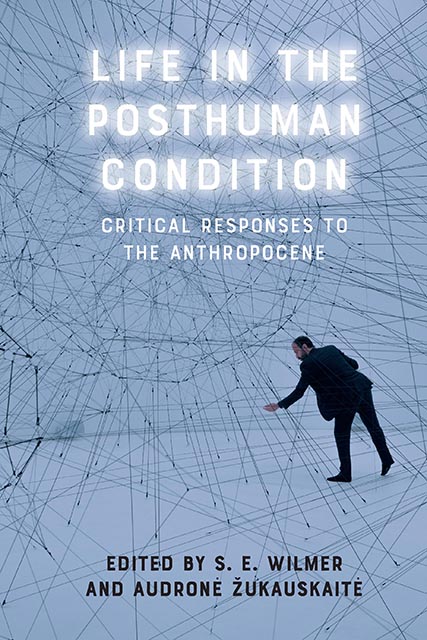7 - Eco-Translation and Interspecies Communication in the Anthropocene
Published online by Cambridge University Press: 20 October 2023
Summary
In Yamen Manai's novel The Ardent Swarm (2021), a Tunisian university professor, Tahar, goes to visit Shinji Saiko, a Japanese colleague in Tokyo. He is on a mission to bring back a Japanese queen bee to protect the beehive of his friend, Sidi, from attacks by drones. Tahar is deeply impressed by what he sees in Japan and asks Inoue Saiko, Shinji's partner, about what is specific to Japanese culture:
She responded slowly, giving her husband time to translate: ‘Like our bees that have to coexist with the giant hornets, we are a people who must coexist with the flaws in the earth – earthquakes, tsunamis, volcanic eruptions – and with war, the flaw of human nature. We know that our archipelago is fragile, that our existence is fragile, and that the survivors must always rebuild. We are a people well versed in catastrophes, Professor. The “other” is none other than ourselves, a survivor and a partner.’ (Manai 2021: 158–9)
What Inoue deems to be specific, we now know to be general. The climate havoc, that is increasingly the characteristic of a warming planet, means that Japan no longer has a monopoly on geological disruption and extreme weather events. The ‘flaws in the earth’, exacerbated by the carbon-indifferent ‘flaw in human nature’ – which has waged its own wars on the more-than-human – means that more and more humans have to learn to be ‘well-versed in catastrophes’. In the passage we have quoted Inoue Saiko makes her view known through the medium of translation. Without translation, she would be mute, an amiable but unreflective host, stranded outside any meaningful sense of deliberative encounter.
In this chapter we want to re-examine the notion of translation and argue that in the age of anthropogenic climate change we need to embrace an expanded concept of what translation entails in order to reflect more deeply on the implications of post-Holocene inclusivity. Therefore, we look at posthuman modes of translation as engaging forms of communication with and between non-human animals. This leads us to merge ideas on interspecies communication with eco-translation to anticipate how species may respond to climate catastrophe in a telling way.
- Type
- Chapter
- Information
- Life in the Posthuman ConditionCritical Responses to the Anthropocene, pp. 130 - 148Publisher: Edinburgh University PressPrint publication year: 2023



